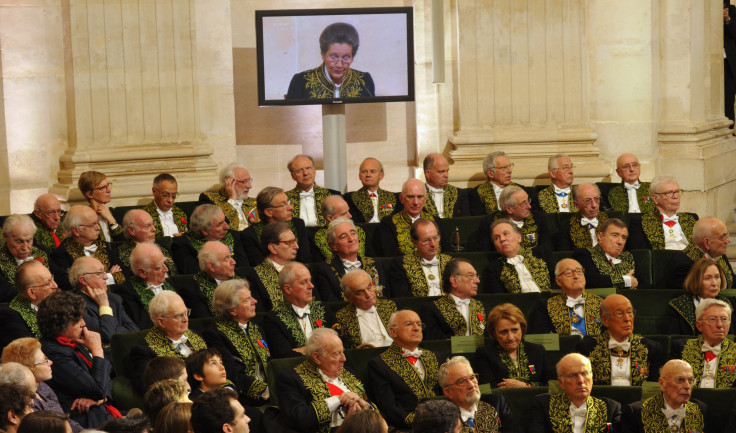French Circumflex Controversy: Anger Erupts Online Over Changes To Suggested Spellings In French Textbooks

More than 2,000 French words will have their suggested spelling changed in primary school textbooks released at the beginning of the next school year in September. The overhaul has prompted outrage among some in France afraid of losing one of their most believed accents — the circumflex, the Guardian reported.
The circumflex accent (ˆ), called “the hat” by teachers when first teaching children how to speak and write French, would be optional under the new guidelines set by the French education ministry, along with new spellings of some other words. The Académie Française, the authority on the French language, first recommended the changes in 1990, but they only recently began appearing on French documents.
Both traditional spellings and the recommended changed spellings of 1990 have been accepted for the past 25 years. The changes include adding and taking away hyphens from certain words, as well as purely changing the spelling of words altogether.
Some optional changes include “oignon” (onion) changing to “ognon,” “nénuphar” (water lily) changing to “nénufar,” “coût” (cost) changing to “cout” and “porte-monnaie” (purse or wallet) changing to portemonnaie, the BBC reported. The changes were proposed in an attempt to simplify learning French.
Sad news #JeSuisCirconflexe https://t.co/yJ4U3tN2eM pic.twitter.com/9L2ydb7jjU
— Vahram Muratyan (@VahramMuratyan) February 4, 2016
While the changes were recommended years ago, the French took to social media to express their love of the circumflex, the accent used in many cases to change a word’s pronunciation or to distinguish between words that are spelled the same but have different meanings. Some even took to social media using the hashtag #JeSuisCorconflexe, meaning “I am circumflex.”
“This has been the official spelling in the Republic for 25 years. What is surprising is that we are surprised,” Michel Lussault, president of the school curriculum board, said to the Guardian. “There were strange spelling anomalies linked to historic shifts so the Académie really made sure these changes were understandable.”
© Copyright IBTimes 2024. All rights reserved.











